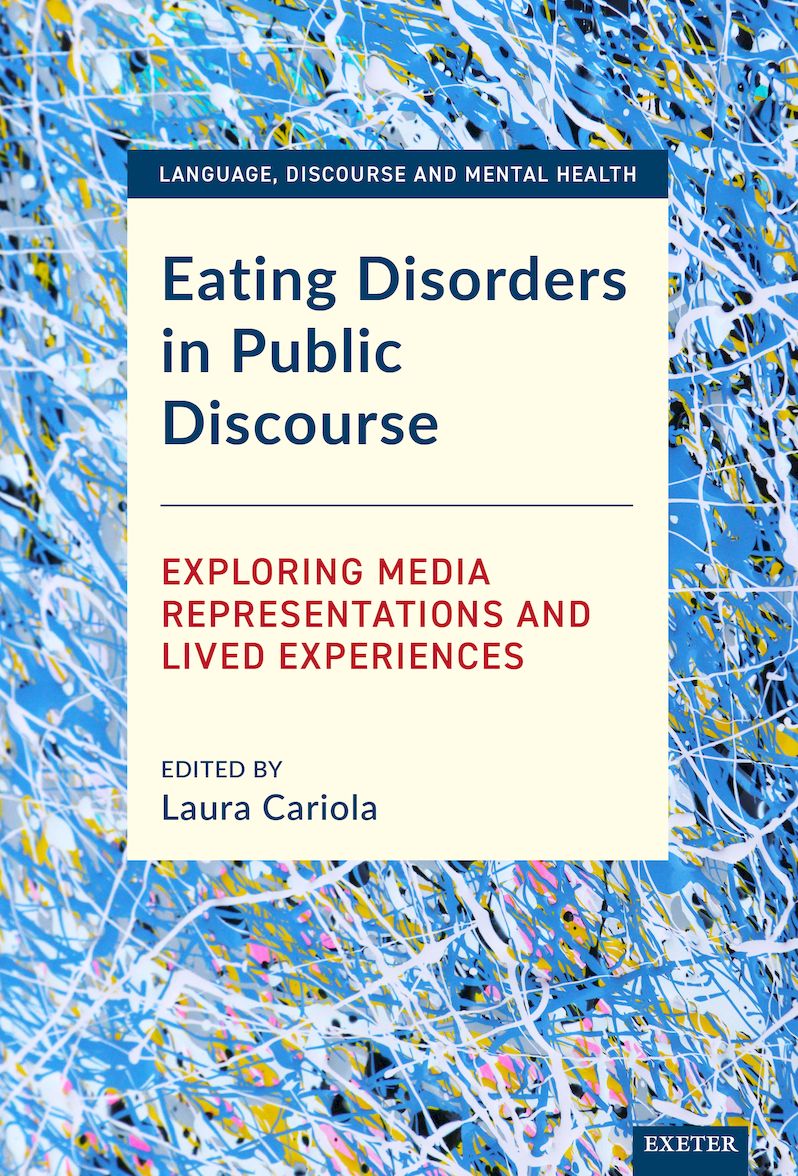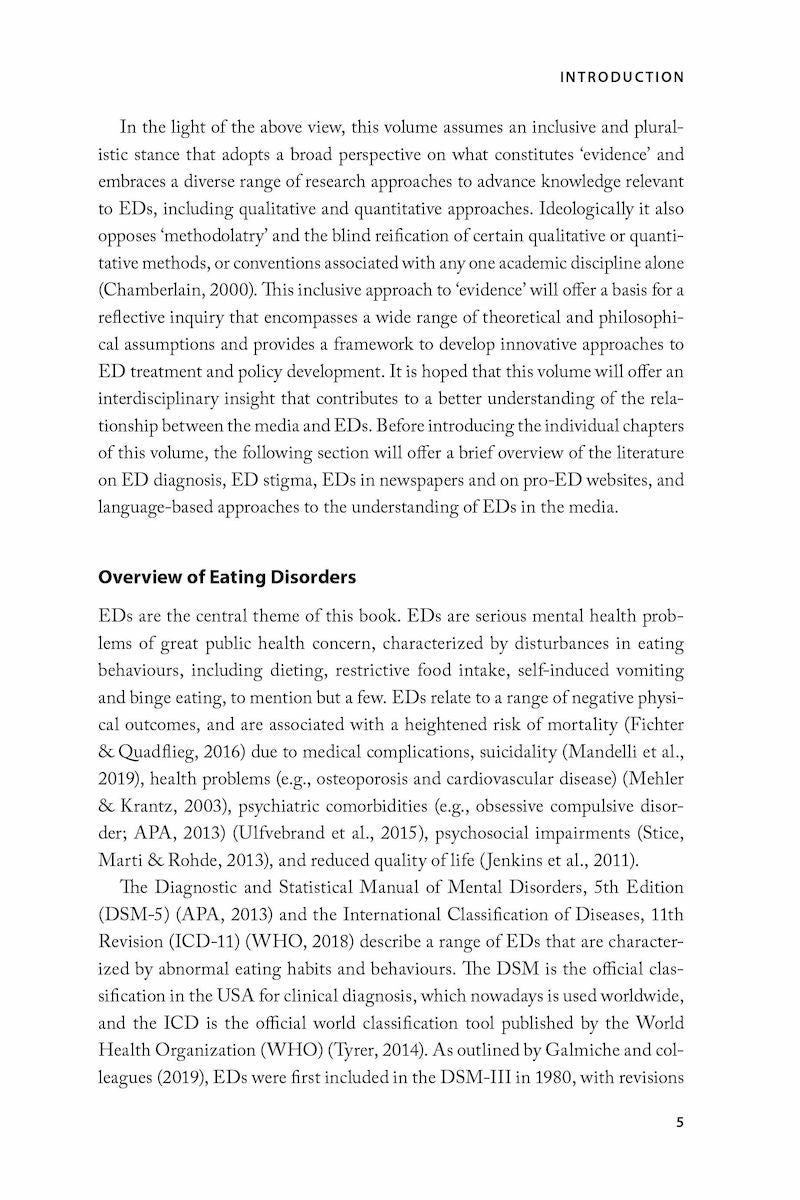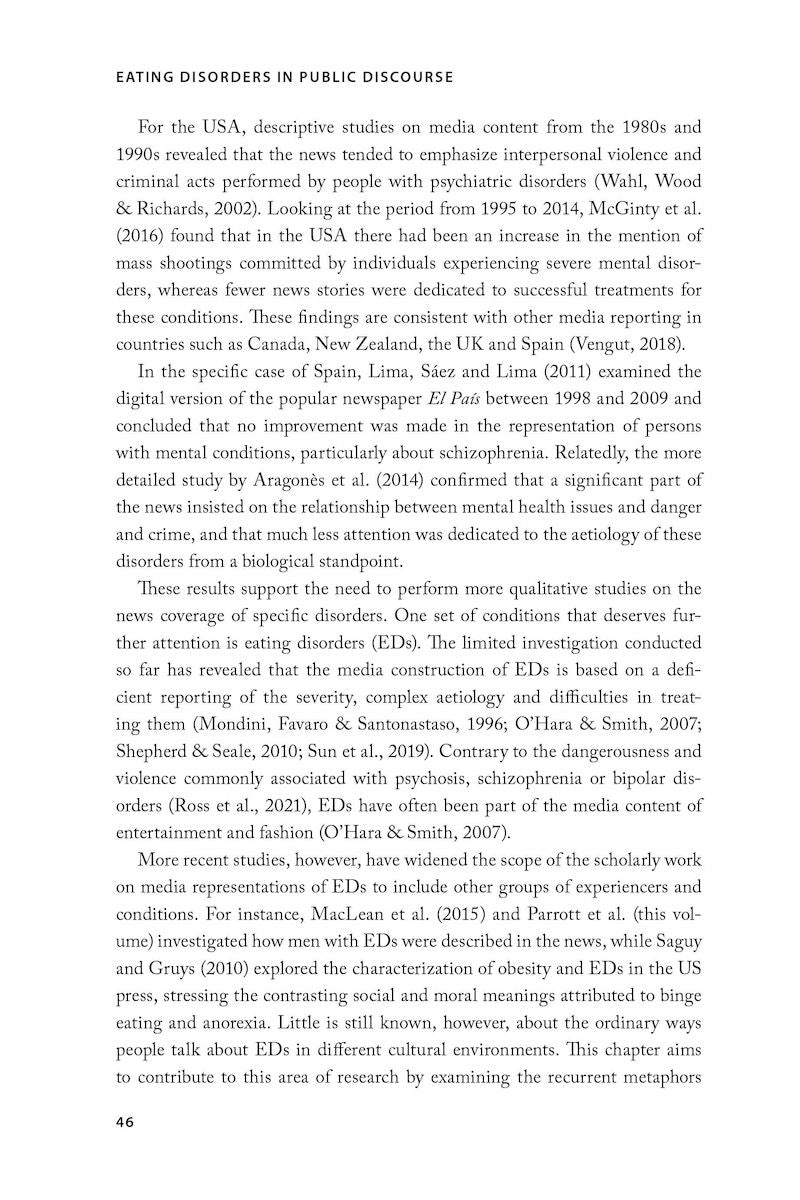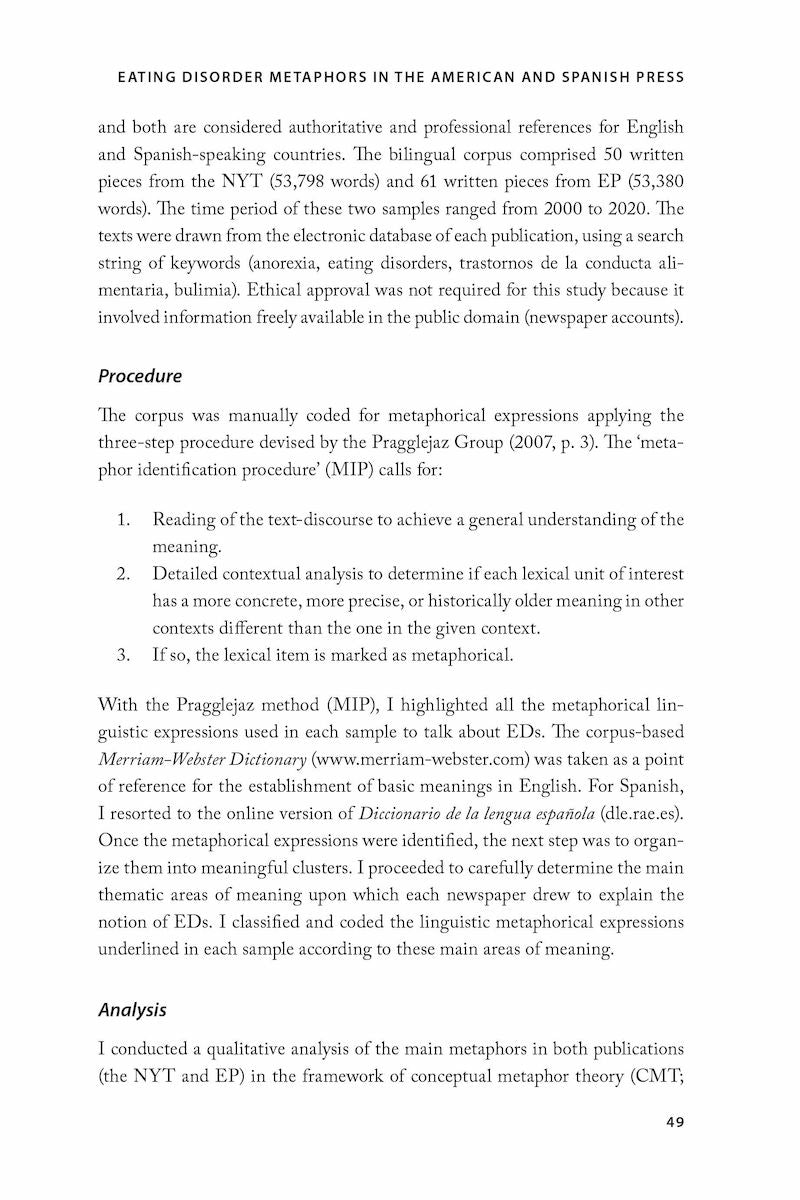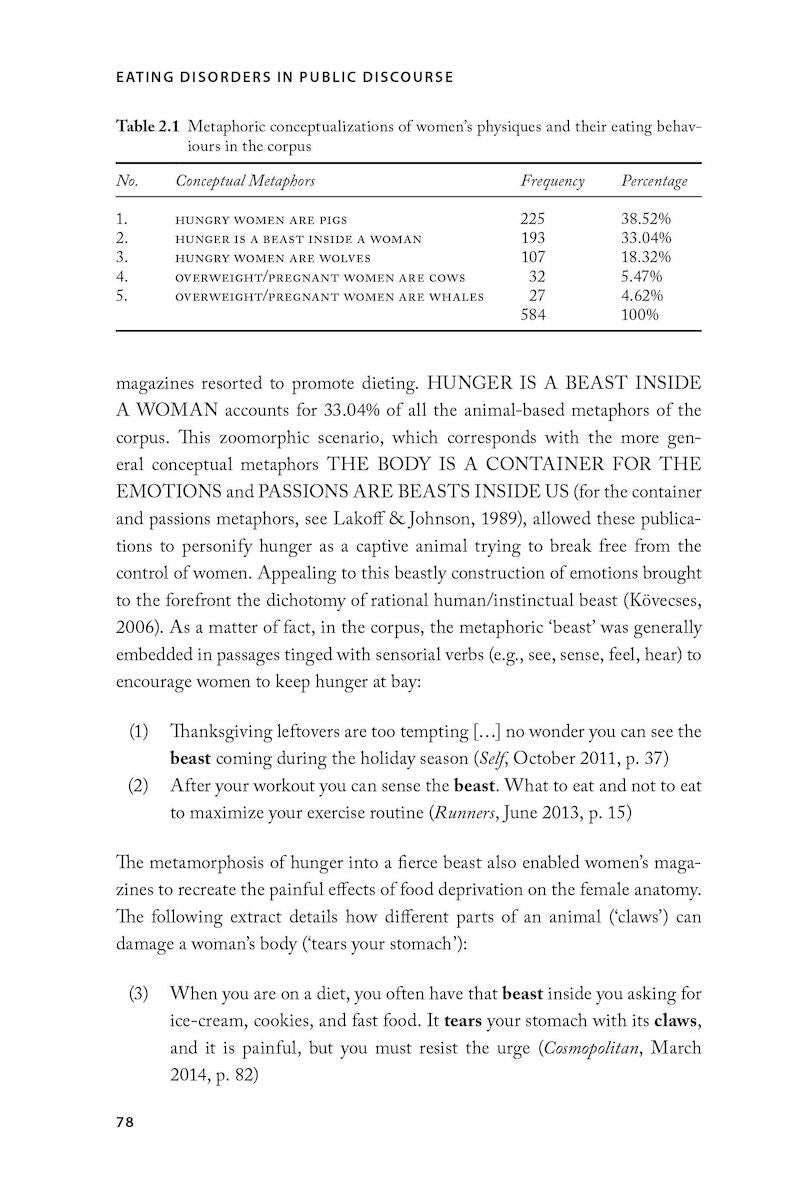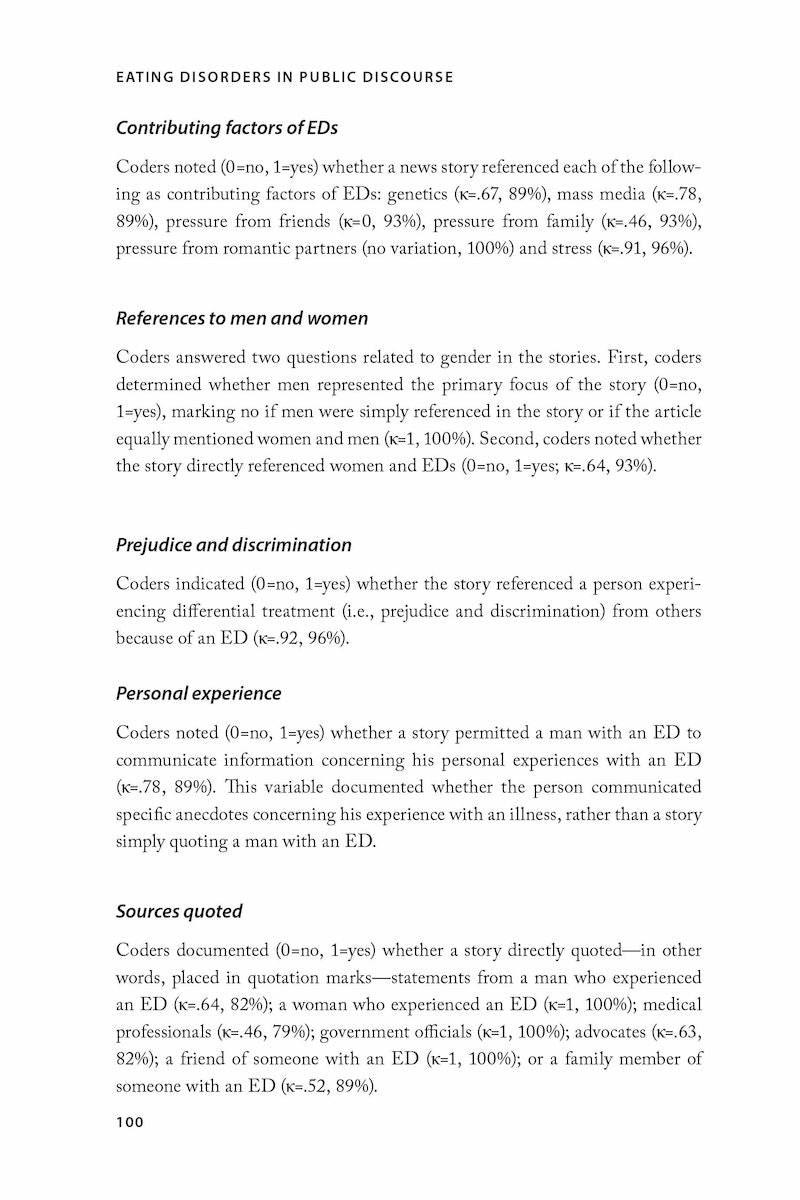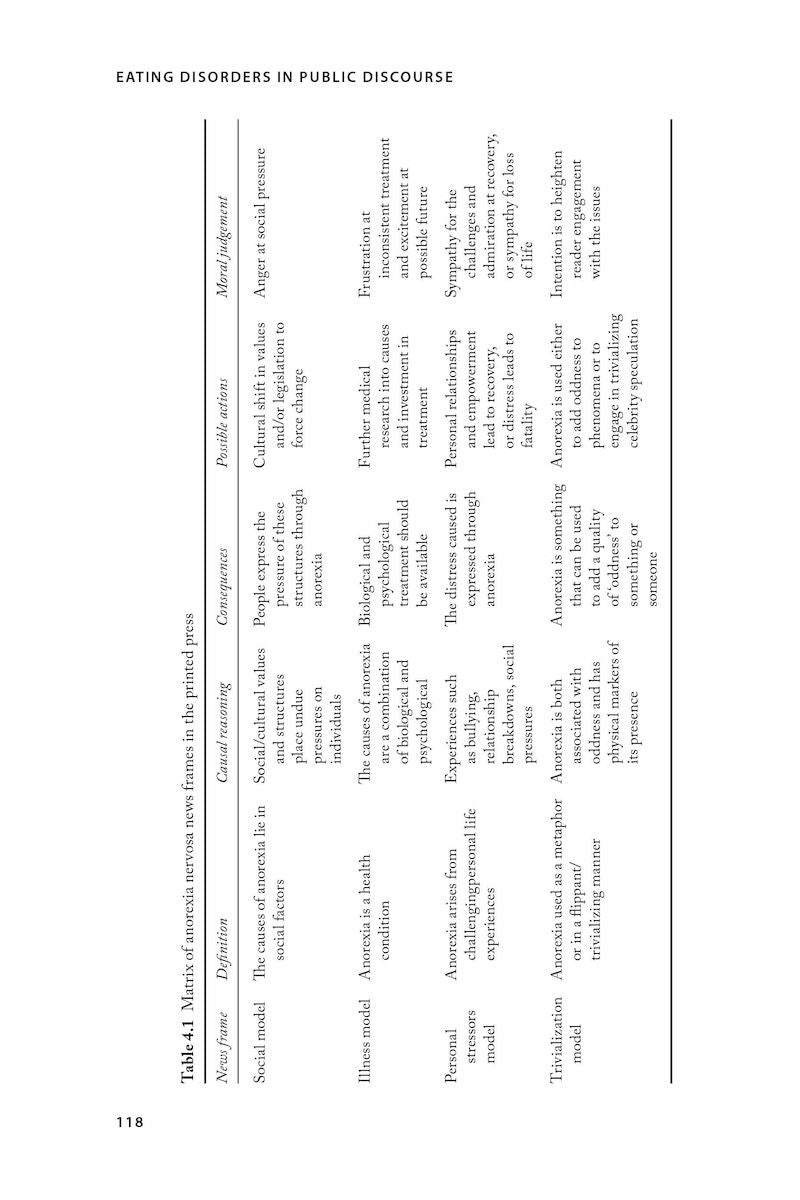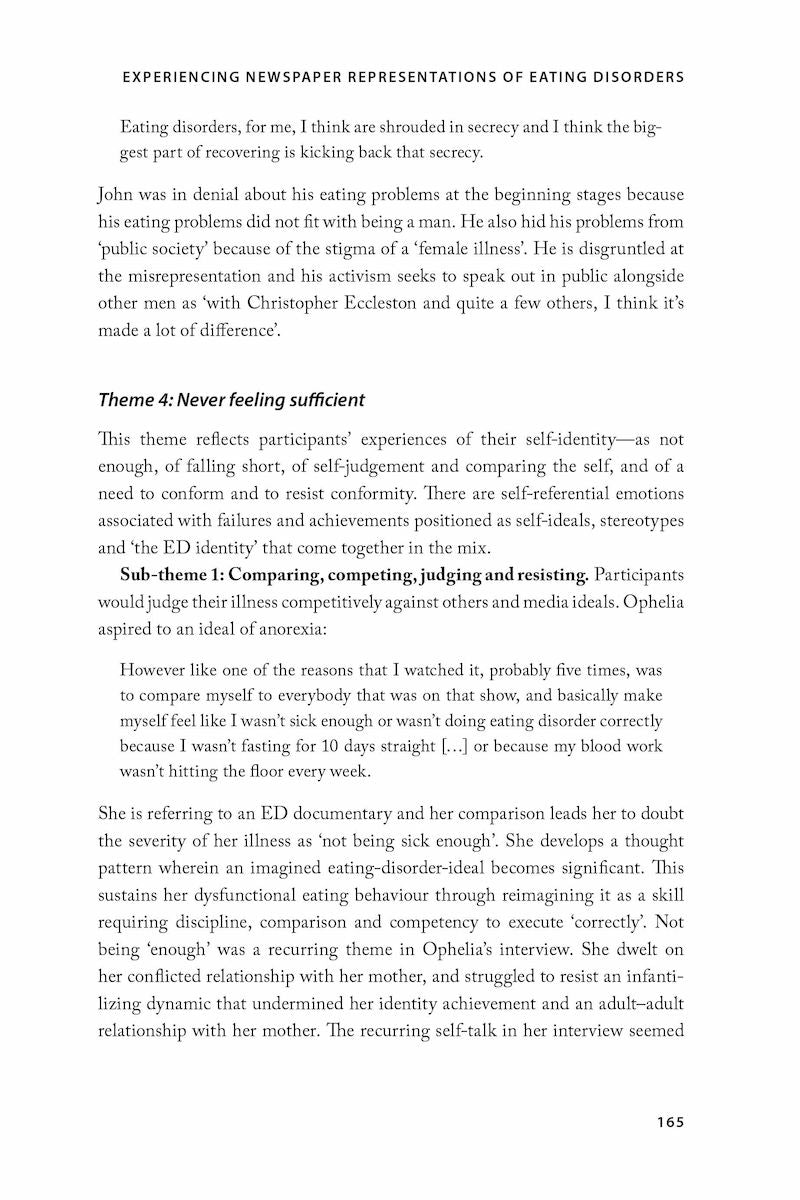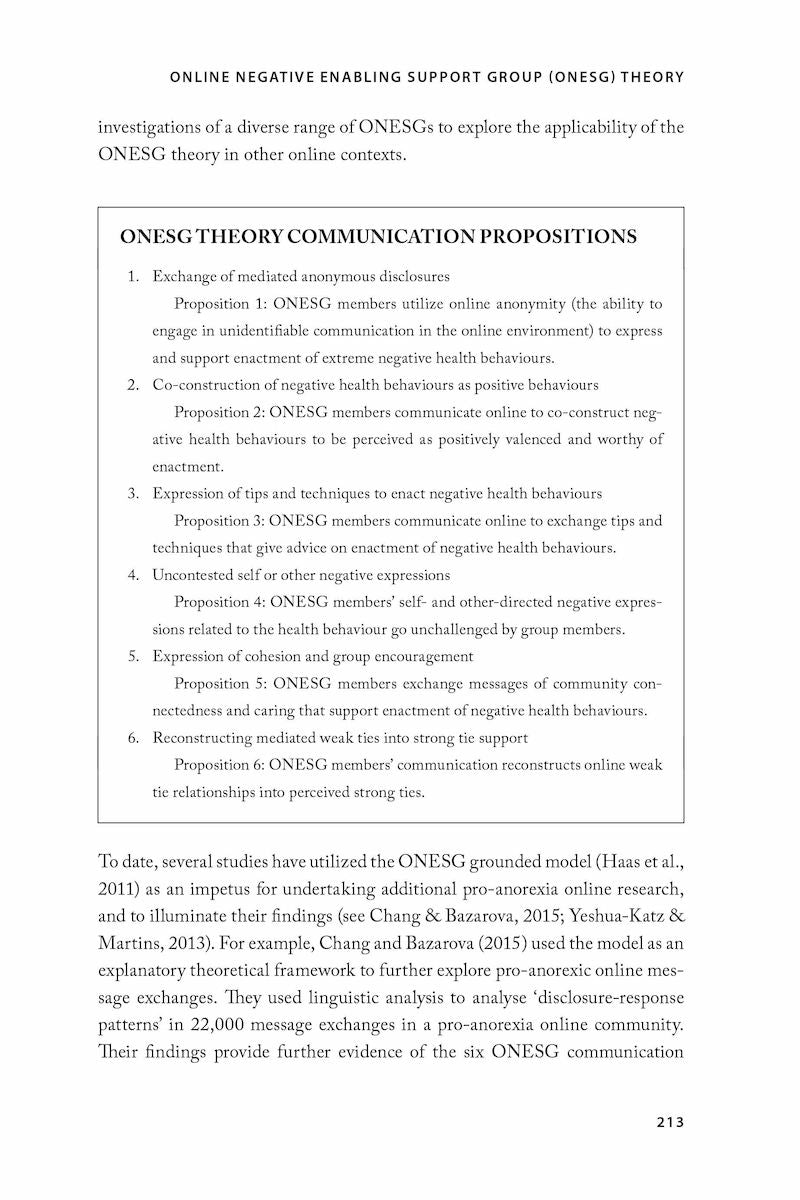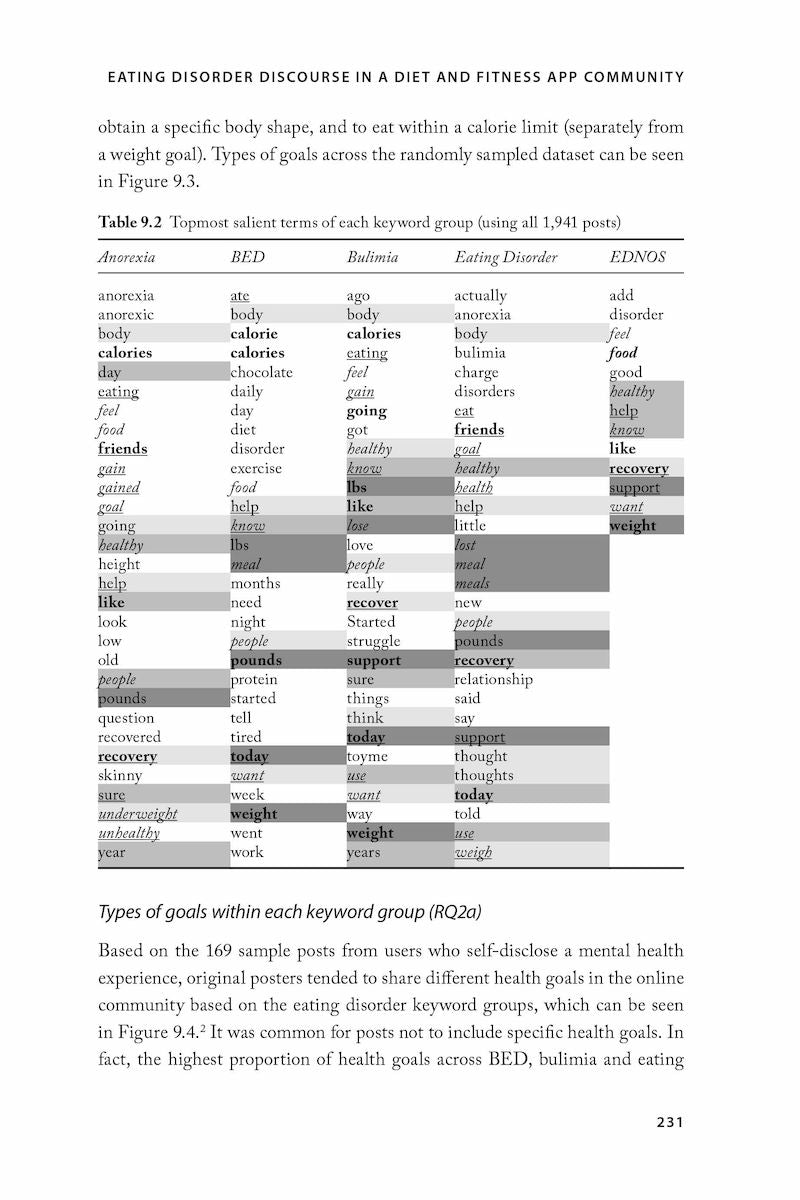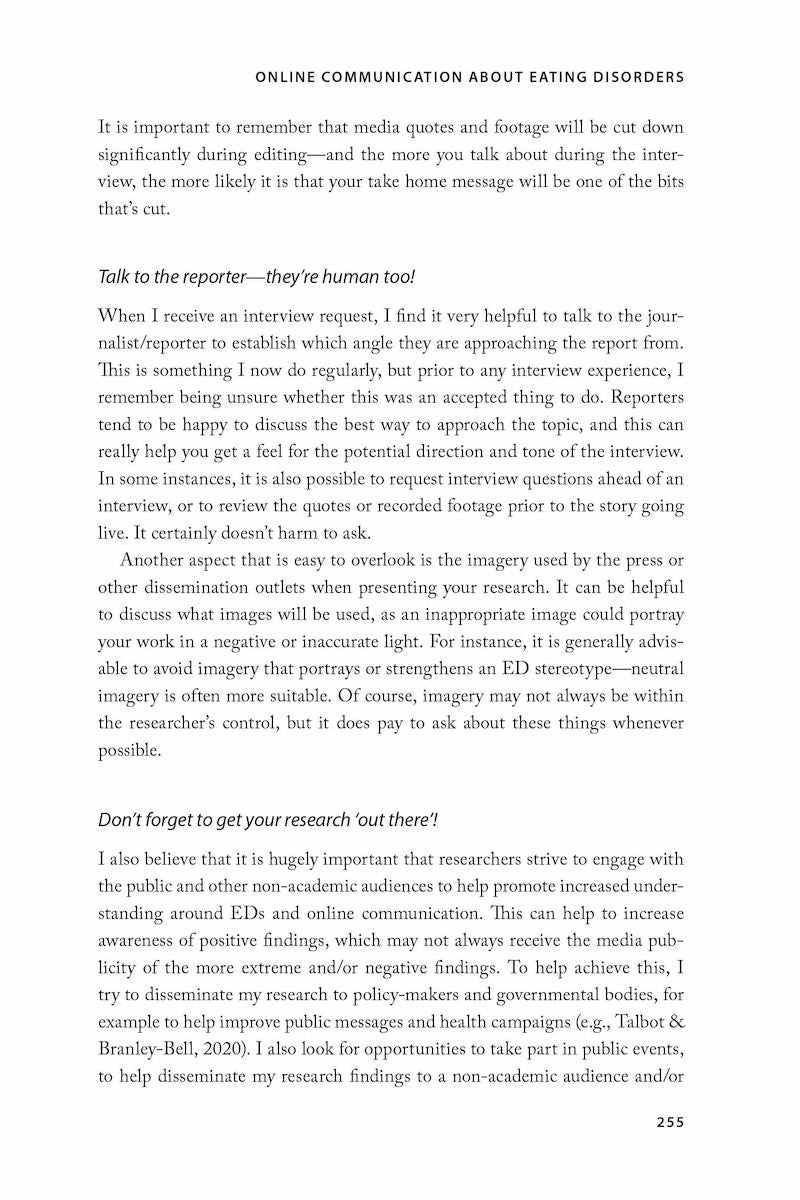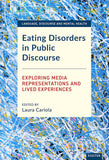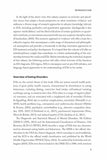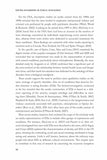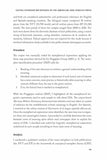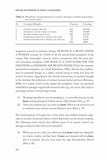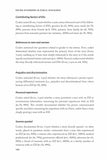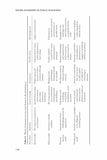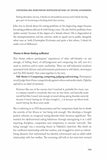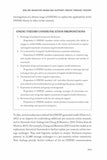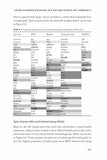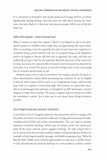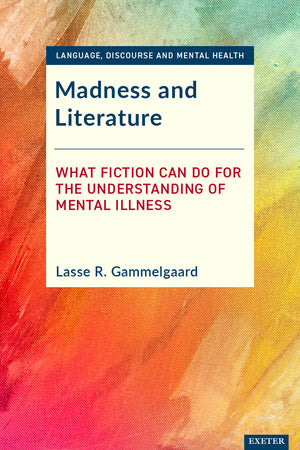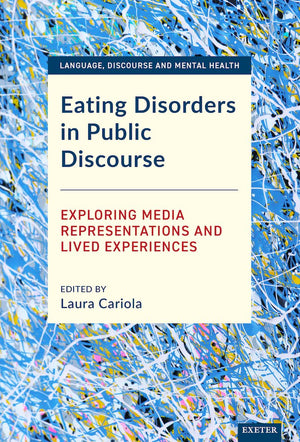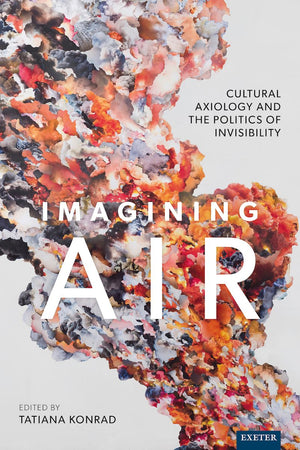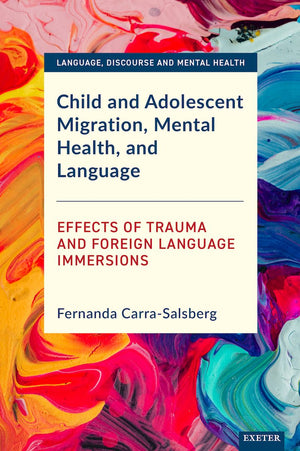University of Exeter Press
Eating Disorders in Public Discourse
Exploring Media Representations and Lived Experiences
Couldn't load pickup availability
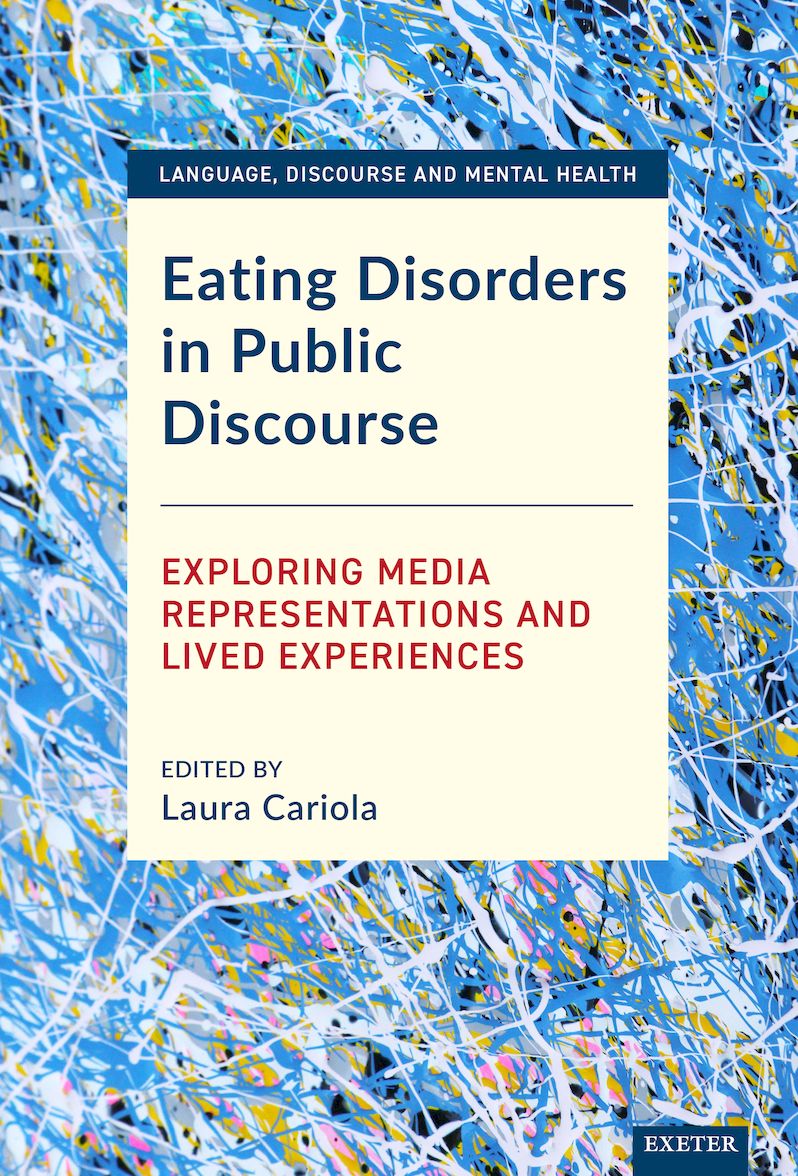
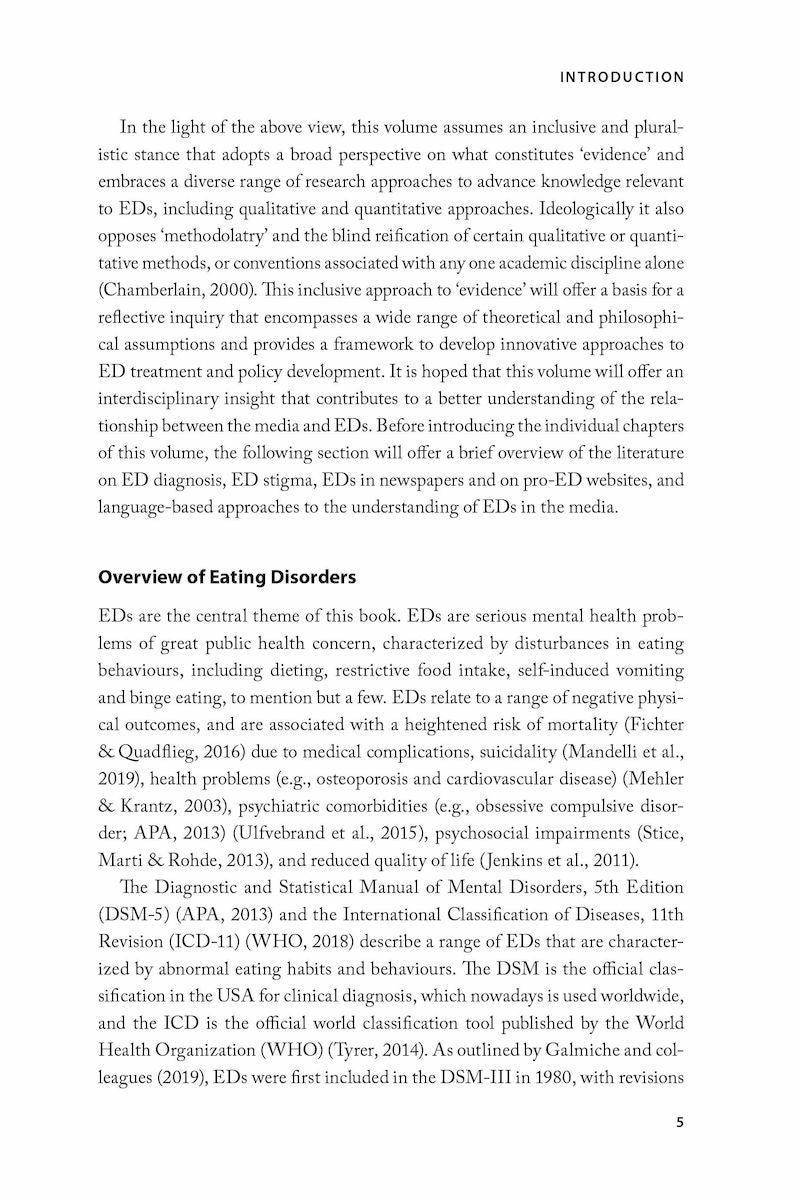
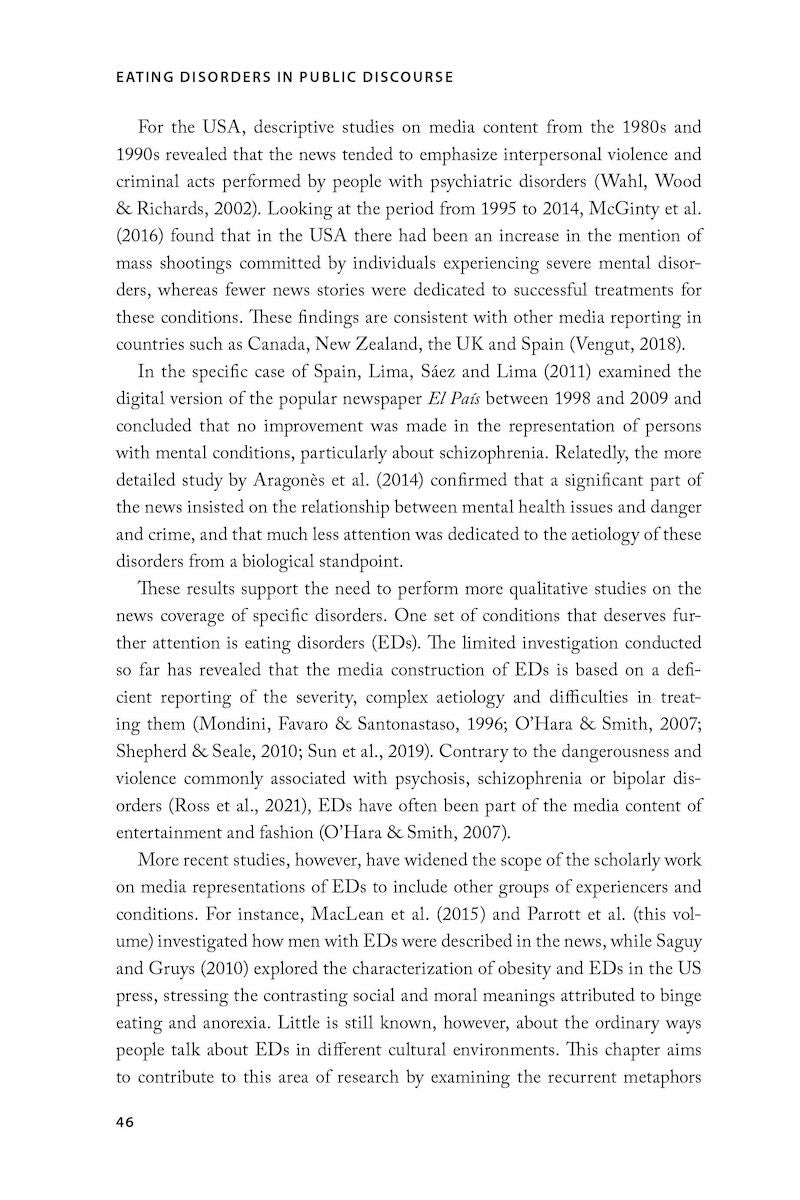
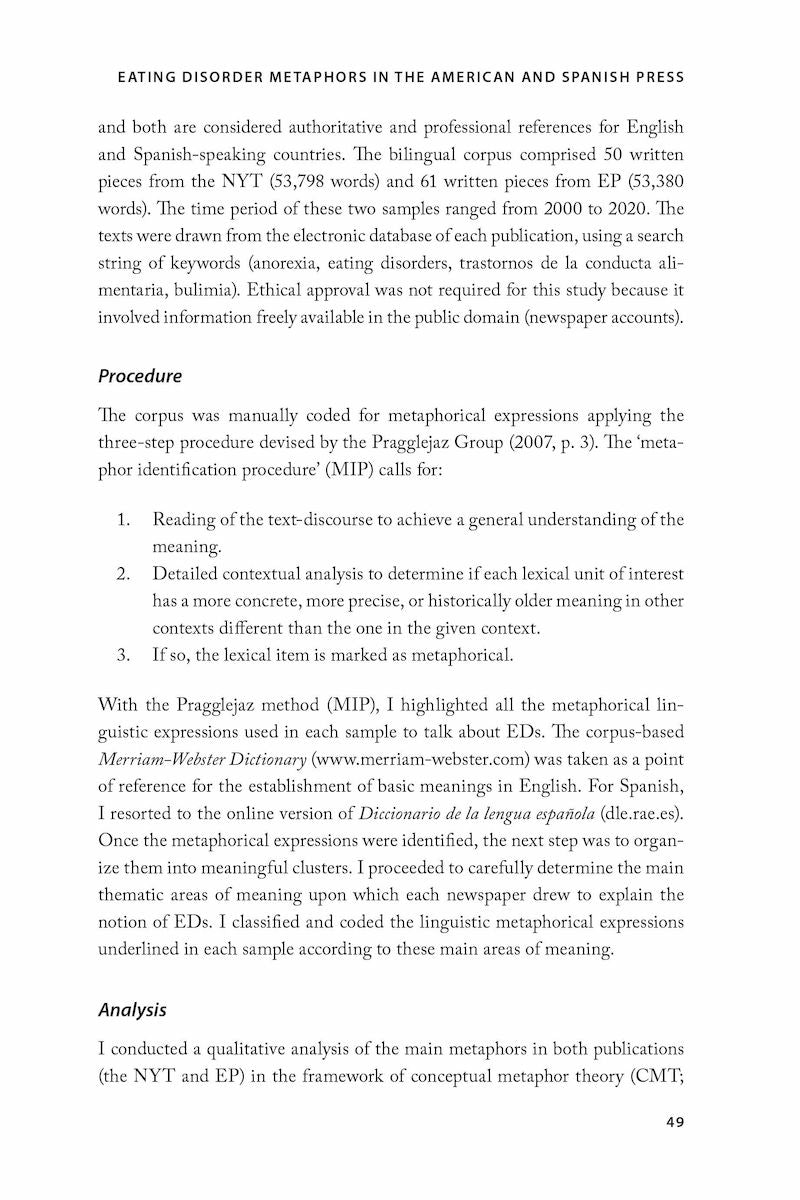
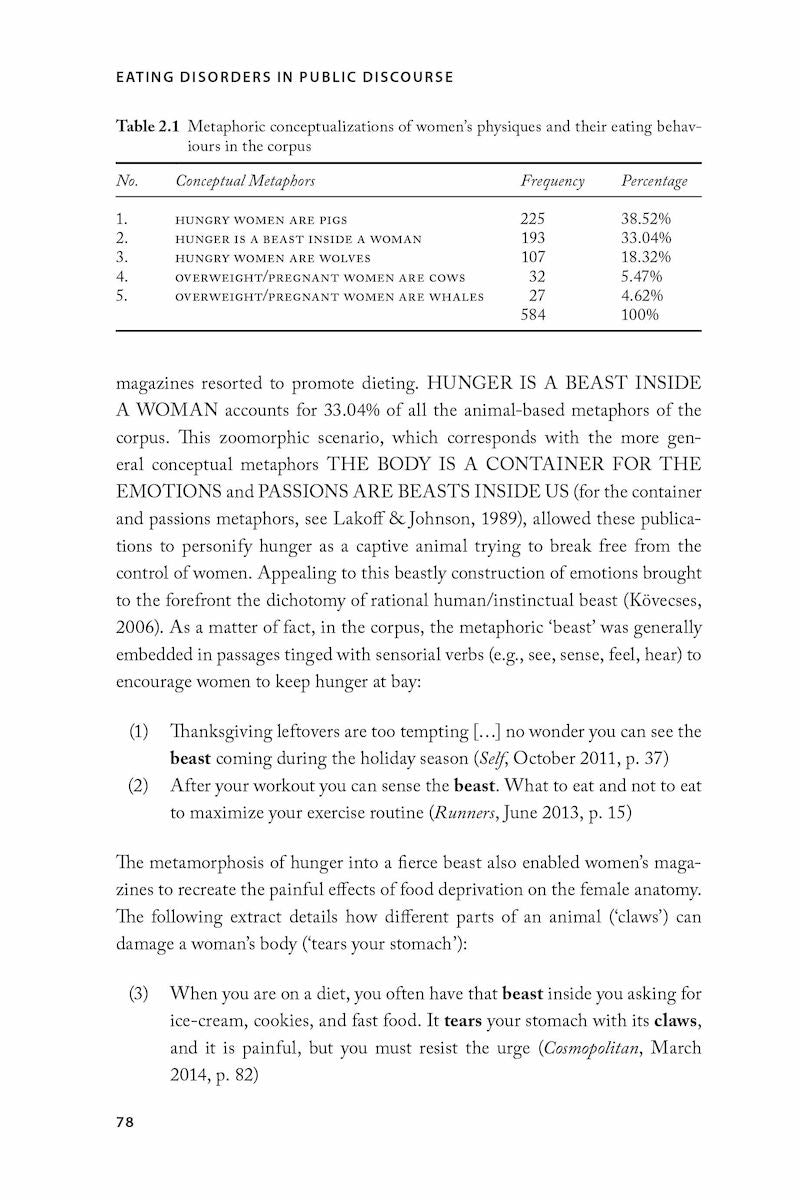
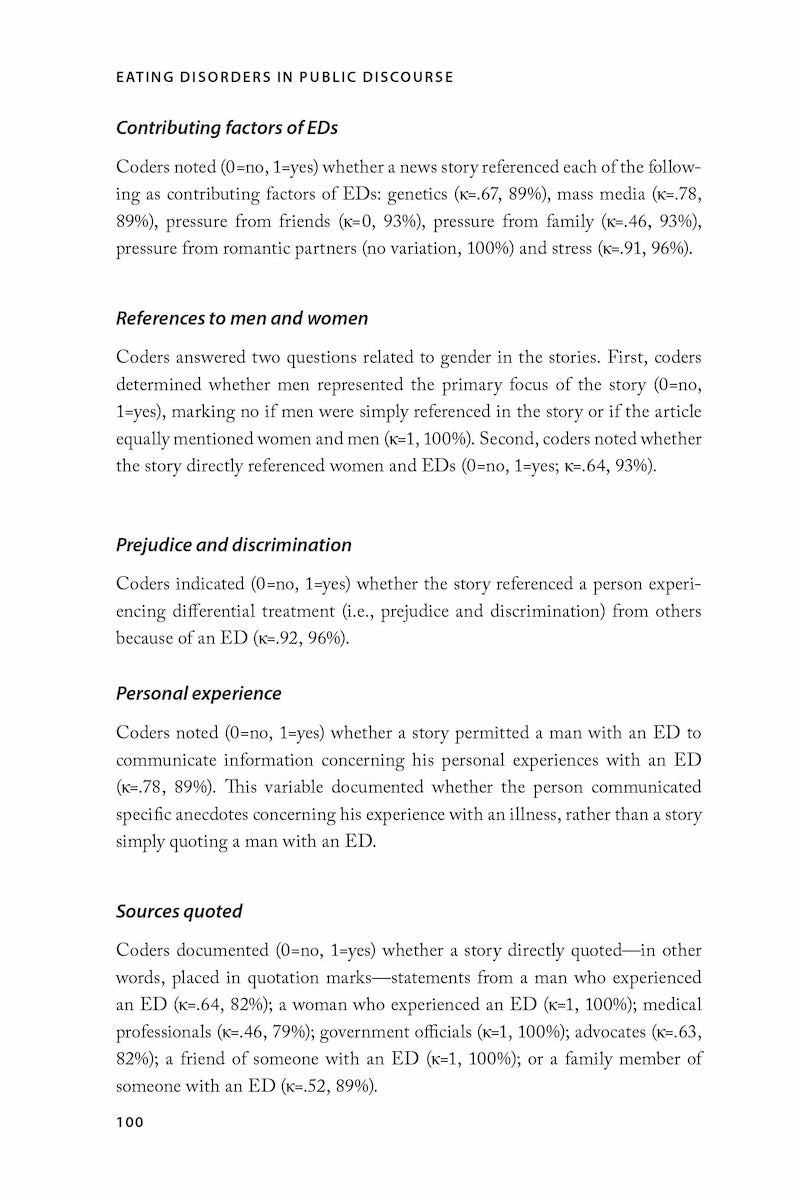
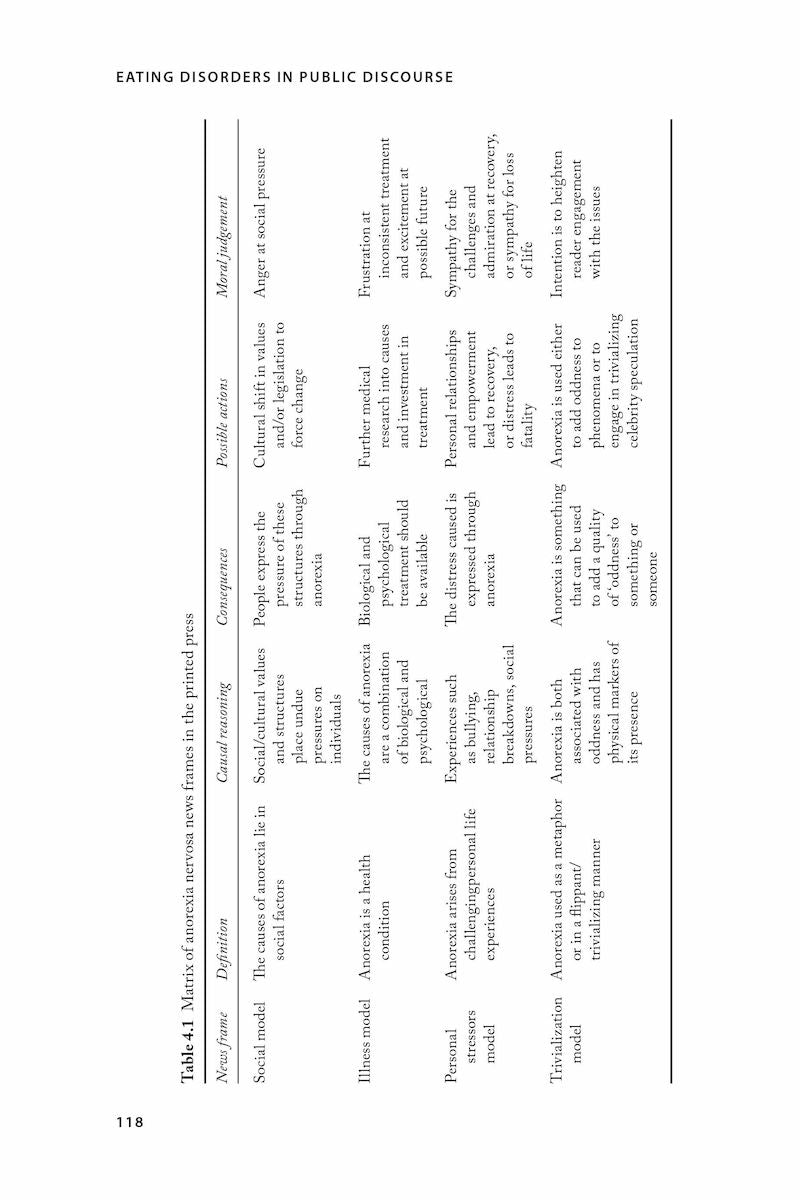
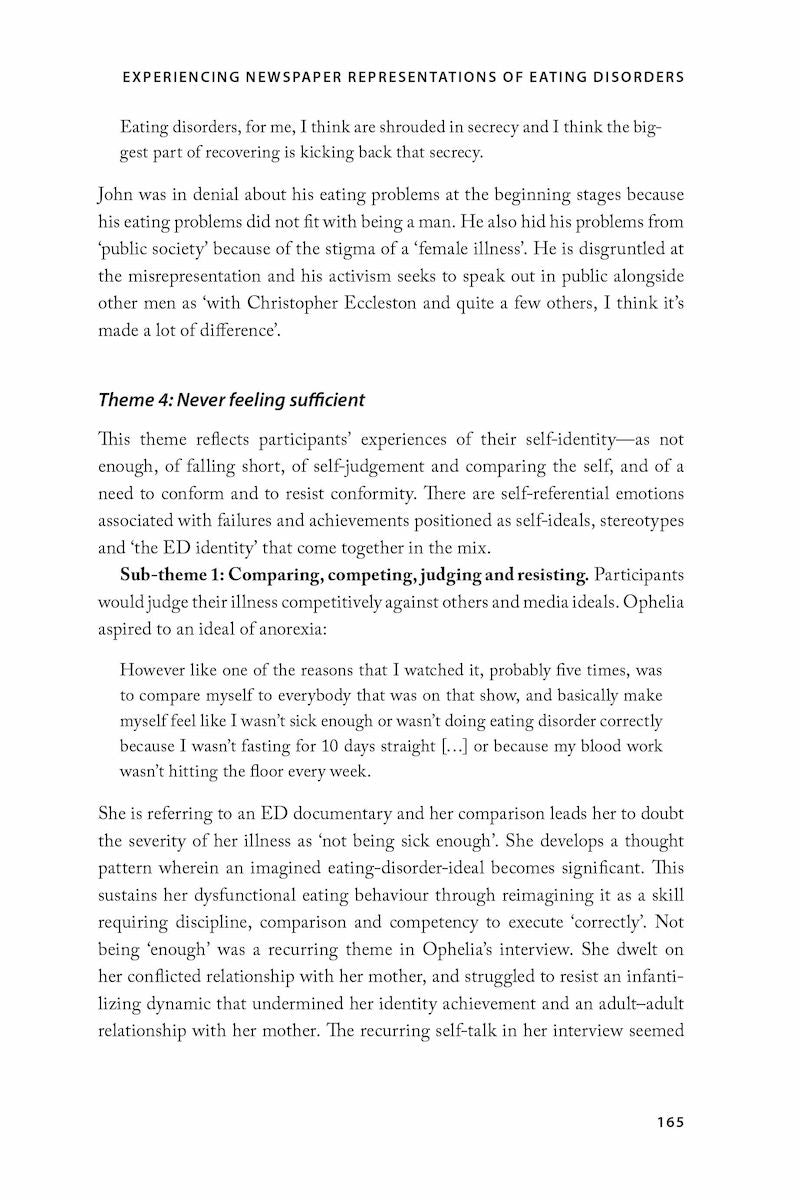
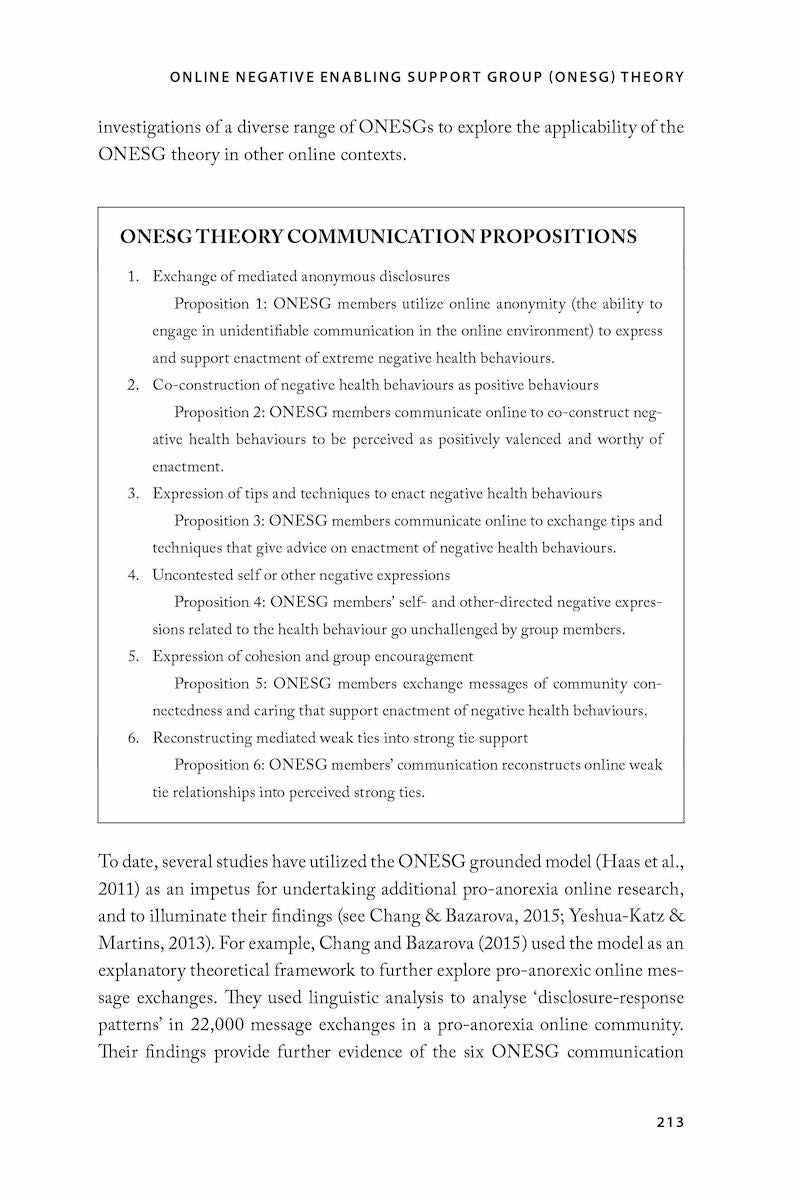
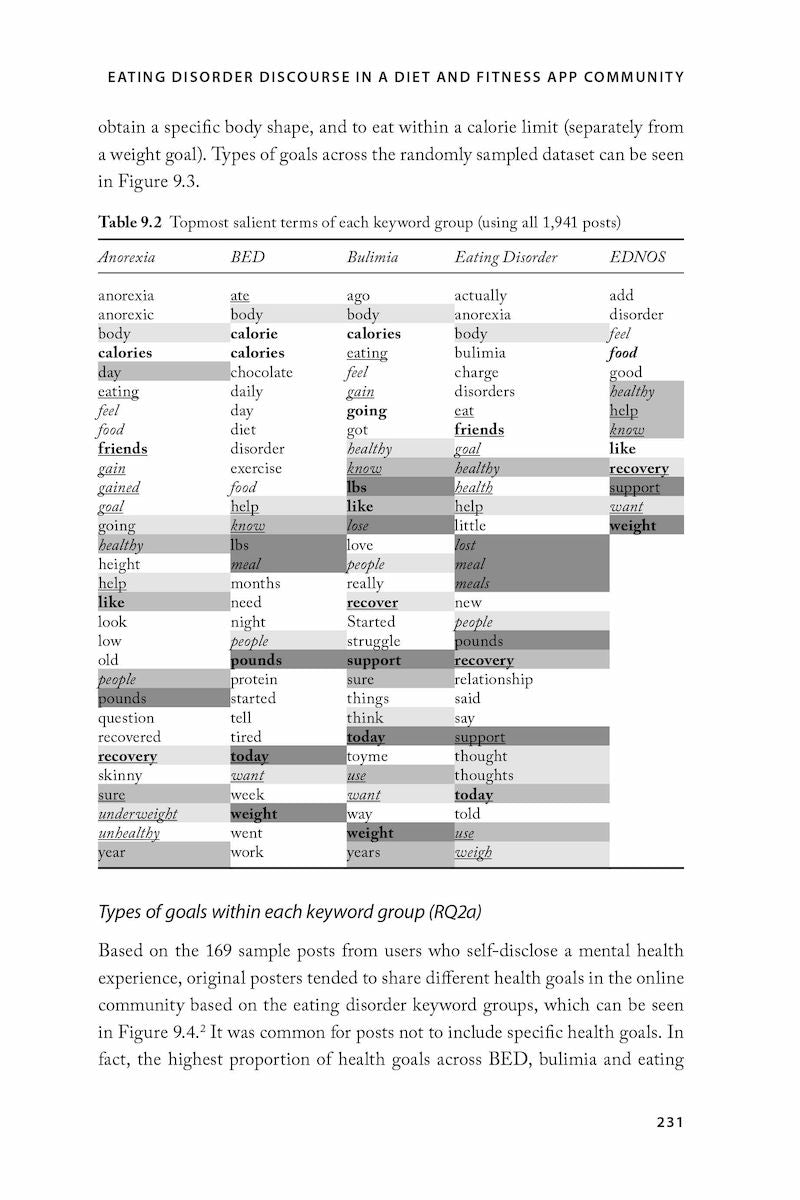
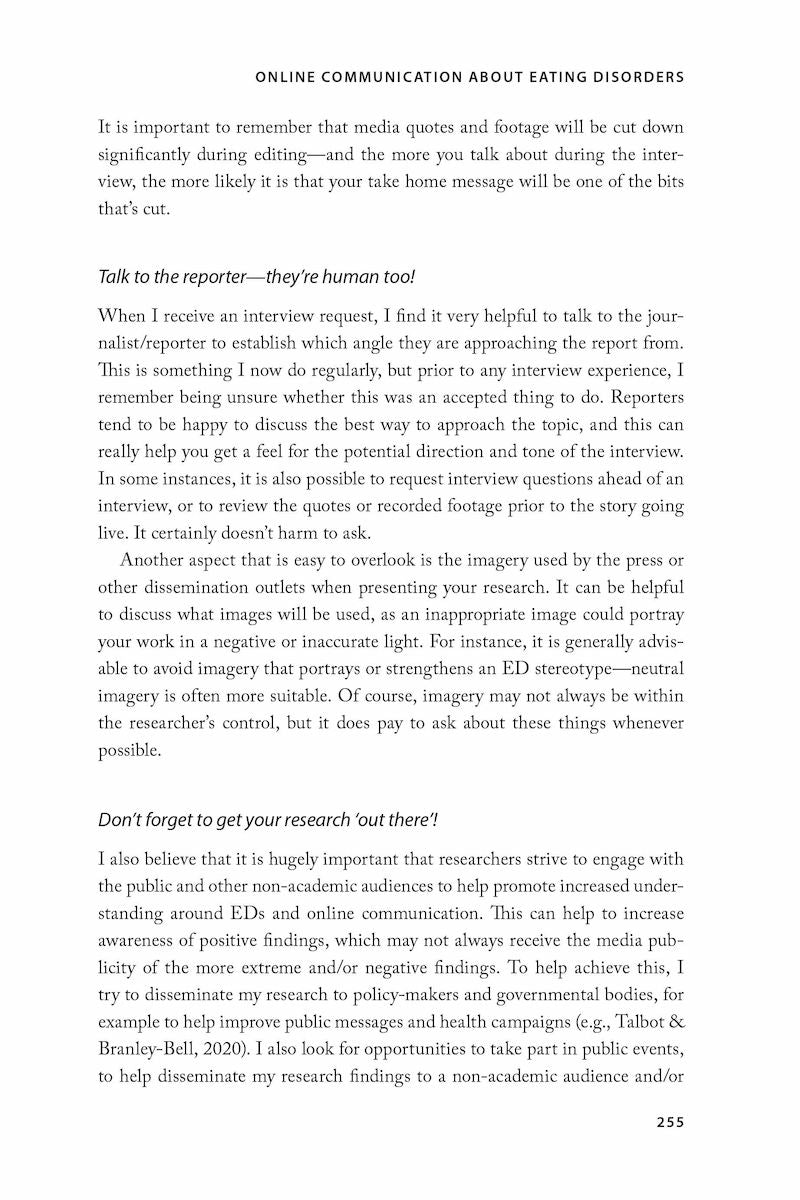
- 362 Pages
Eating disorders remain little understood by the public, and sensationalist stories in the media have done little to dispel simplistic and reductionist perspectives. This edited volume uses a range of language-centred approaches to provide much needed critical in-depth analysis and interdisciplinary synthesis.
The book brings together researchers from a variety of disciplinary backgrounds – including communication and information studies, journalism, linguistics, mental health, nursing, psychology and public health – in a collective endeavour to explore the complex relationship between eating disorders, public discourse and lived experiences. Topics tackled include the use of stigmatising narrative frames, stereotypes and metaphors; identity construction in online spaces; the ways in which individuals affected by eating disorders interpret media representations; and how parents write about their experiences of caring for children with eating disorders. The volume synthesises evidence from a range of data types, including UK and international newspapers, social media, online communities, blogs and forums, apps and in-depth interviews, and reflects a variety of cultural perspectives, including those held in the United States, the UK, Spain and Turkey. It will be of interest to academics, practitioners, students, mental health advocates, and anyone interested in how we make sense of eating disorders.
Includes refreshing and original discussion of the impact of media discourses on sufferers – an often neglected perspective.
Prof. Helen Kelly-Holmes, University of Limerick
This wide-ranging collection shows us, in detailed analyses, how the ways we speak and write construct our relation to food and to each other to make what is pathological about eating normalised and turn many understandable responses into forms of pathology. Here are models for critical research, and new openings for empirical and conceptual questioning of what ‘disorder’ involves for those who diagnose it and for those who suffer it.
Ian Parker, critical psychologist and Honorary Professor of Education, University of Manchester
Eating Disorders in Public Discourse...is an important contribution to the issue of eating disorders that centers linguistic and qualitative approaches. This edited volume features excellent contributions from twenty five scholars, who address eating disorders in both traditional media and participatory media. This intervention is timely because as the editor argues in the book's introduction: “the coronavirus pandemic and its lockdown measures have resulted in a sharp and unprecedented surge in children and adolescents being referred for treatment to ED [eating disorder] services.”
Robert K. Beshara, Assistant Professor and Chair of Arts & Human Sciences, Northern New Mexico College
This timely and comprehensive book comprises critical analyses of the way disordered eating is framed in traditional (mass) and participatory (social) media, deftly analyzing many of the unintended consequences of that framing, like labeling and stigma for some and invisibility for others. I would consider this book required reading for anyone wishing to understand how mediated communication about disordered eating may achieve the goal of keeping an issue in the public’s consciousness, but compromise understanding and acceptance of real people living with eating disorders.
Kristen Harrison, PhD, Professor of Communication & Media, University of Michigan
It's about time that the deadliest and publicly vilified mental illness, eating disorders, will be captured in a comprehensive volume. With diverse authors, the book addresses crucial topics such as stigmatizing language, identity construction in online spaces, and media representation, drawing on a variety of data types and cultural perspectives. I would consider this book essential reading, as it effectively captures the dynamic relationship between those affected, media, and society.
Daphna Yeshua-Katz, Senior Lecturer, Department of Social Work, Ben-Gurion University of the Negev
As the authors suggest, and I concur, Eating Disorders in Public Discourse is a great launching point toward a future of greater autonomy, understanding, and potential solutions to eradicating the stigma behind EDs.
Dalton Bouzek
International Journal of Communication
Introduction Laura A. Cariola
DOI: 10.47788/BASF7279
Part I Traditional Media and Public Discourse
1. Eating Disorder Metaphors in the American and Spanish Press Carolina Figueras Bates
DOI: 10.47788/QWOM4518
2. Animal Metaphors in Women’s Magazines: Their Potential Link with Eating Disorders Irene López-Rodríguez
DOI: 10.47788/HKAQ8861
3. Challenging the Stigma of a ‘Woman’s Illness’ and ‘Feminine Problem’: A Cross-Cultural Analysis of News Stories About Eating Disorders and Men Scott Parrott, Kimberly Bissell, Nicholas Eckhart and Bumsoo Park
DOI: 10.47788/LXVK2554
4. Representations of Anorexia Nervosa in National Media: A Frame Analysis of the UK Press Matt Bowen and Rhian Waller
DOI: 10.47788/UBYL4471
5. Representations of Eating Disorders in Turkish News Media Hayriye Gulec
DOI: 10.47788/UPWL9354
6. Experiencing Newspaper Representations of Eating Disorders: An Interpretative Phenomenological Study Laura A. Cariola and Billy Lee
DOI: 10.47788/XATI1798
7. Narrative Experiences of Social Media and the Internet from Men with Eating Disorders Gareth Lyons, Sue McAndrew and Tony Warne
DOI: 10.47788/DBCF4677
Part II Participatory Media and User-Generated Discourse
8. Online Negative Enabling Support Group (ONESG) Theory: Understanding Online Extreme Community Communication Promoting Negative Health Behaviours Stephen M. Haas, Nancy A. Jennings and Pamara F. Chang
DOI: 10.47788/PISN2308
9. Eating Disorder Discourse in a Diet and Fitness App Community: Understanding User Needs Through Exploratory Mixed Methods Elizabeth V. Eikey, Oliver Golden, Zhuoxi Chen and Qiuer Chen
DOI: 10.47788/DCZA4511
10. Using Qualitative and Mixed-Methods Approaches to Investigate Online Communication About Eating Disorders: A Reflective Account Dawn Branley-Bell
DOI: 10.47788/QSFW4482
11. ‘I’ll Never Be Skinny Enough’: A Fantasy Theme Analysis of Pro-Anorexia Discourse Allyn Lueders
DOI: 10.47788/SDQF1133
12. Lived Experiences of Parents Raising Children with Eating Disorders: A Thematic Analysis Emma O’Rourke and Laura A. Cariola
DOI: 10.47788/MMRH9260
13. ‘Anorexia is Seen as a GOOD Thing When You’re Fat!’: Constructing ‘Eating Disorders’ in Fat Acceptance Blogs Wendy Solomons, Kate Davenport and Joanne McDowell
DOI: 10.47788/UHLM5757
Discussion
Index
- 362 Pages







